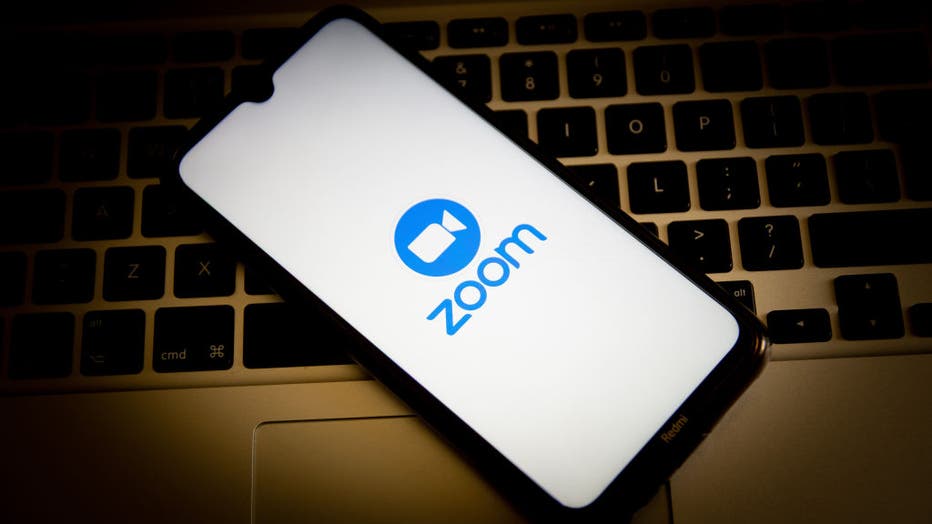Zoom to pay $85 million to settle 'Zoombombing' lawsuit
Zoom has agreed to pay $85 million to settle a lawsuit that accused the video conferencing service of having weak privacy controls that enabled "Zoomboming" incidents during the early stages of the pandemic.
The class-action lawsuit also alleged that the Silicon Valley company violated the trust of millions of people by sharing the personal information of users with platforms like Facebook, Google and Microsoft-owned LinkedIn.
The proposed agreement that was reached over the weekend must still be approved by U.S. District Judge Lucy Koh. A hearing on the settlement is scheduled for Oct. 21 in San Jose, California.
If approved, millions of people in the U.S. who have used Zoom since March 31, 2020, could be eligible for a slice of the settlement. The payment amounts are expected to average $34 or $35 for those who subscribed to Zoom's paid version, and $11 or $12 for the overwhelming majority who used the free version, based on estimates in court documents.
When stay-at-home orders were issued last year amid the onset of the coronavirus pandemic, Zoom’s customer base exploded. Almost overnight it became the go-to venue for business meetings, schools, churches, social gatherings and, in a deadly global pandemic, funerals.

In this file photo, a Zoom logo is seen displayed on a smartphone screen with a computer keyboard in the background. (Photo Illustration by Nikolas Joao Kokovlis/SOPA Images/LightRocket via Getty Images)
Zoom was plagued by security issues early in the pandemic, which led to the disruptive practice of "Zoomboming," the term coined to describe hackers who broke into videoconferencing meetings being held by others.
In April of 2020, the FBI said it had received multiple reports of conferences and online classrooms being disrupted by pornographic, hateful images or threatening language.
In one example, a high school in Massachusetts reported that someone dialed into the classroom while a teacher was conducting an online class and the individual shouted profanities before leaving the teacher’s home address. Another school reported that an individual could be seen on a conference call displaying swastika tattoos.
A California church's Bible study meeting was hijacked with pornographic images in another reported case of Zoomboming.
In a prepared statement Monday, Zoom said that it acted quickly to tighten security after reports of Zoombombing began to surface.
"We are proud of the advancements we have made to our platform, and look forward to continuing to innovate with privacy and security at the forefront," Zoom said Monday. The company didn't acknowledge any wrongdoing in the settlement.
The case consolidated 14 different lawsuits filed since March 2020. The lawyers that pursued the case are seeking $21.25 million, or 25% of the $85 million settlement fund.
Zoom's annual revenue quadrupled last year to nearly $2.7 billion and it ended April with 497,000 customers that employed at least 10 workers and subscribed to the premium version of its service, up from 81,900 customers before the pandemic hit the U.S. Its stock price has tripled and traded close to $380 Monday.
RELATED: ‘I’m not a cat’: Lawyer can’t remove Zoom filter during virtual court appearance
This story was reported from Cincinnati. The Associated Press contributed.


